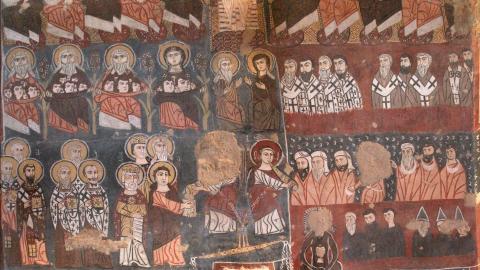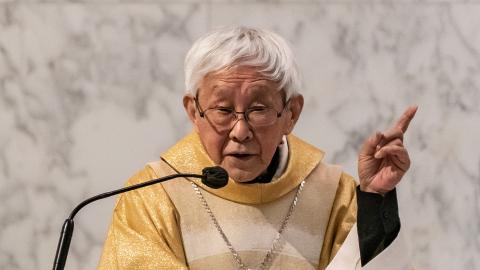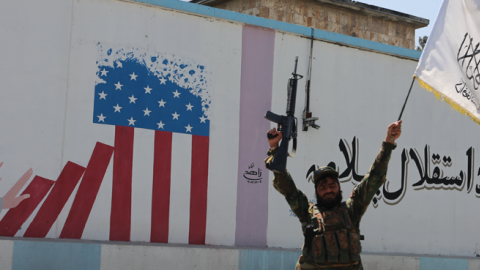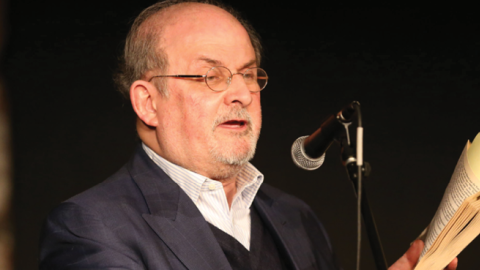

At A Glance
Promoting religious freedom and the defense of persecuted believers.
Founded in 1986, and headquartered at Hudson Institute since January 2007, the Center for Religious Freedom promotes religious freedom as a component of US foreign policy by working with a worldwide network of religious freedom experts to provide defenses against religious persecution and oppression.
Since its inception in 1986, the Center has sponsored investigative field missions, reported on the religious persecution of individuals and groups abroad, and undertaken advocacy on their behalf in the media, Congress, State Department and White House.
Religious freedom faces difficult new challenges. Recent decades have seen the rise of extreme interpretations of Islamist rule that are virulently intolerant of dissenting voices and other traditions within Islam, as well as other faiths. Many in the policy world still find religious freedom too “sensitive” to raise. But since 9/11, the link between America’s national interests and its ideals has never been clearer.
When US policy falls short, the Center for Religious Freedom works to speak up for the promotion of religious freedom and the defense of persecuted believers. During the Cold War, the Center focused on helping religious believers persecuted under Communism. Today, while it continues to press for religious freedom in the remnant communist states of China, North Korea and Vietnam, it is increasingly engaged in ensuring that American policymakers defend the principle of religious freedom and believers who are persecuted purely for their religious beliefs in the Muslim world. These persecuted believers include Christians, Jews, Mandeans, Yazidis, Baha’i, Ahmadiyya, and others, as well as Muslim minorities and dissident reformers who find themselves condemned for the religious crimes of blasphemy and apostasy.






















